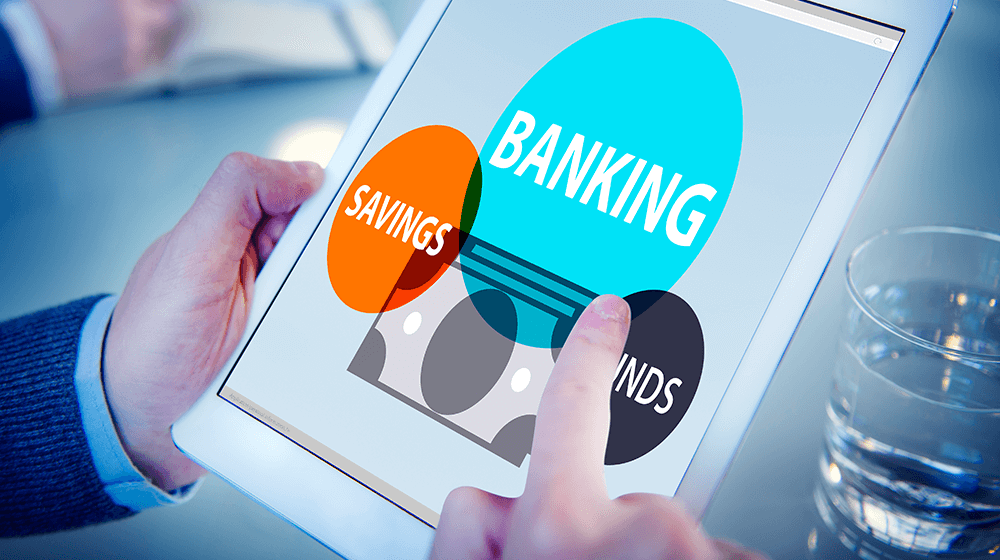Everything You Should Know About Bank Account Opening for Non-Residents
Everything You Should Know About Bank Account Opening for Non-Residents
Blog Article
Leading Tips for Opening a Bank Account: Make Certain Effective and smooth Setup
Opening up a savings account might seem simple, yet a methodical technique can considerably enhance the experience and set the stage for an effective banking connection. By understanding the variety of account types offered, collecting important documents, and comparing financial organizations, one can avoid usual challenges. In addition, taking into consideration the subtleties in between online and traditional banking options is important. The most crucial action frequently lies in thoroughly reviewing the terms and conditions-- an element many overlook. What complies with can make all the distinction in your financial experience and monetary wellness.
Understand Different Account Types
When opening a savings account, it is necessary to acquaint on your own with the different account types readily available. Comprehending these alternatives will certainly allow you to select an account that finest fits your monetary needs and goals.

Savings accounts, on the other hand, are designed for saving money and usually use higher passion prices than checking accounts. They might have withdrawal constraints, encouraging you to conserve gradually. For people seeking a greater return on their cost savings, CDs offer set passion prices for a specified term, yet they require you to secure your funds till maturity.
Additionally, there are specific accounts like money market accounts and retired life accounts, each with unique features and advantages. By thoroughly understanding these account kinds, you can make enlightened decisions that align with your financial method and way of living.
Gather Required Documentation
Collecting the necessary documentation is a vital step in the procedure of opening a savings account. Appropriate documentation not just helps with a smooth application process however also aids in confirming your identification, ensuring compliance with governing needs.
In addition, a Social Safety Number (SSN) or Private Taxpayer Recognition Number (ITIN) is frequently needed for tax reporting objectives. Some bankss might also request evidence of address, which can be demonstrated with utility costs, lease contracts, or bank statements.

Furthermore, if you are a small, adult consent and identification may be called for. It's recommended to get in touch with the particular bank regarding their documentation requirements beforehand, as these can differ. By making certain all required records prepare, you can accelerate the account opening procedure and prevent possible hold-ups.
Research Banks and Fees
A complete contrast of various bankss and their fee frameworks is essential for picking the appropriate economic establishment for your needs. Different bankss use a series of services, and recognizing their fees can dramatically affect your total financial experience. Begin by identifying your banking needs, such as whether you require a checking account, interest-bearing account, or both.
Following, analyze the charge structures related to each account type. Usual fees consist of monthly maintenance fees, overdraft costs, atm machine use costs, and international transaction costs. Some bankss may waive these costs if you maintain a minimal equilibrium or established direct deposits.
Additionally, investigate any type of costs connected to account solutions, such as cord transfers, published declarations, or check orders. It is additionally sensible to review the rates of interest used on savings accounts, as these can differ considerably among establishments.
Consider Online vs. In-Person
Selecting in between online and in-person banking can considerably influence your total financial experience and convenience (bank account opening). Each alternative offers one-of-a-kind benefits that deal with different choices and lifestyles
Online banking supplies a high degree of adaptability and access. With the ability to manage your account from anywhere utilizing a smartphone or computer system, on the internet banking enables quick transactions, equilibrium checks, and bill payments at any moment. In addition, lots of on the internet bankss supply affordable rates of interest and lower fees as a result of reduced expenses prices.
Conversely, in-person check this site out banking supplies an individual touch that some consumers might locate encouraging. Seeing a physical branch enables straight communication with bank agents, which can be particularly helpful for intricate inquiries or economic suggestions. In-person financial likewise enables clients to transfer cash money, get instantaneous support, and build relationships with staff, promoting a feeling of depend on.
Inevitably, the decision between online and in-person financial must be based upon your specific requirements, comfort level with technology, and the details solutions you call for. Consider your financial routines and preferences meticulously to establish which option aligns finest with your monetary objectives.
Review Terms and Conditions

When assessing the terms and problems, pay attention to crucial elements such as fees, rates of interest, and account functions. Search for regular monthly maintenance costs, purchase limitations, and fines for over-limits or very early withdrawals (bank account opening). Recognizing these costs can help you stay clear of unexpected charges and manage your financial resources better
In addition, take into consideration the interest rates supplied on cost savings or inspecting accounts. Greater rates of interest can significantly impact your financial savings in time. It's additionally vital to understand the terms related to perks, benefits programs, and advertising offers, as these can improve your banking experience.
Lastly, guarantee you know the bank's plans on customer care, dispute resolution, and personal privacy. Familiarizing yourself with these problems will certainly empower you to make enlightened choices and establish a productive relationship with your bank. Making the effort to thoroughly review the conditions can protect against future misunderstandings and foster long-lasting contentment with your financial experience.
Final Thought
To conclude, a knowledgeable approach to opening a checking account assists in a reliable and smooth configuration process. Recognizing the different account helpful site types, collecting required documentation, and looking into bankss and connected fees are important actions. Additionally, evaluating the advantages of online versus in-person banking alternatives can boost benefit. Lastly, careful review of terms guarantees clearness concerning costs, a knockout post attributes, and account owner obligations, eventually bring about a more satisfying financial experience.
Opening a bank account might appear simple, yet a methodical strategy can considerably boost the experience and established the stage for an effective banking connection.The most typical kinds of accounts include checking accounts, cost savings accounts, and certificates of deposit (CDs)Savings accounts, on the various other hand, are created for saving money and normally offer higher interest prices than inspecting accounts. Begin by identifying your financial needs, such as whether you require a checking account, savings account, or both.
Comprehending the different account kinds, gathering required documentation, and looking into bankss and associated costs are vital steps.
Report this page